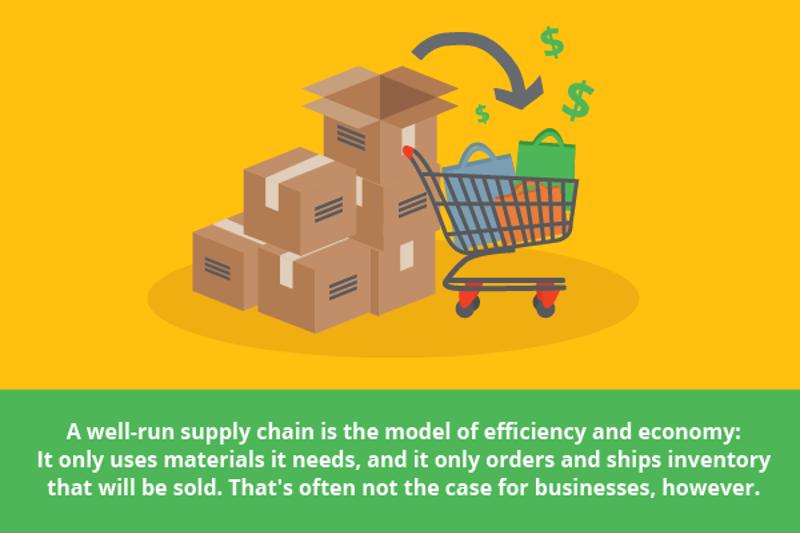The supply chain is the lifeblood of many organizations in industries as disparate as retail, food packaging and high-tech manufacturing. Keeping your supply chain running smoothly and efficiently is essential, especially for businesses that operate across international boundaries.
Supply chain logistics are so complex that just getting by with as few delays and issues as possible is a success in and of itself. That doesn’t mean companies should settle for just good enough when it comes to operations and supply chain management. There are always opportunities to be faster, leaner and more efficient. Maximizing your supply chain’s performance and increasing your visibility into those processes is good for business — and good for your bottom line.
Most aren’t taking advantage of those openings, though: A recent survey of business executives revealed that 78% miss opportunities to drive revenue through their supply chain. The question you should be asking is, “am I getting the most out of my supply chain?”
Reduce unnecessary inventory refills
A well-run supply chain is the model of efficiency and economy: It only uses materials it needs, and it only orders and ships inventory that will be sold. That’s often not the case for businesses, however. Many supply chain operators are forced to procure more raw materials or inventory items than is required to be sure that orders can always be filled.
That mentality may keep customers happy, but it’s not great for a company’s bottom line. Businesses could spend a fortune on unnecessary materials and products simply to avoid delivery delays. Even profitable companies are leaving money on the table when they continue such wasteful logistics and supply chain management practices.
A more precise supply chain management solution that provides greater visibility into every phase of logistics and operations, while seamlessly synchronizing different departments and business units, can help eliminate costly overruns.
Part of that comes down to establishing trust between different areas of the supply chain and getting everyone on the same cohesive platform. For instance, if a consignment manager has repeatedly run into instances where inventory shipments have been missed, he or she may be more likely to overstock inventory, costing the business more money. Once employees have bought into a supply chain management platform that consistently aligns efforts and provides a real-time view of supply chain activity, those kinds of wasteful practices will start to peter out.

Embrace exception-based planning
How does your organization manage planning within your supply chain? If it’s all done manually, you could be asking employees to spend far more time and energy on these tasks than is necessary. The more time they spend on jobs that could be easily automated, the less time they have to devote to more strategic work that drives true business value.
Exception-based planning automates common, repetitive and time-consuming tasks, only bringing employees into the process when circumstances deviate from the norm. For example, rather than painstakingly account and plan for every item in a 1000-batch order, staff members offload that task to automated supply chain management software. If something doesn’t seem right to the software — an inventory number doesn’t match, for instance — it alerts employees, who can take a closer look at the order. Manual effort is only needed for the exceptions and not the vast amount of tasks that run normally and as expected.
Exception-based planning is a boon for employees who no longer are asked to spend a great deal of time and energy on laborious and mundane tasks. The streamlined and accelerated supply chain processes are good for business as well. Another benefit to this approach is that teams can manage larger workloads with smaller headcounts because so much of it is handled by automated software. That’s just another way companies can improve the ROI of their supply chain.
Supply chain performance has a dramatic effect on business profitability and success. As organizations expand into new markets and reach larger customer bases, supply chain management needs to be more streamlined and efficient to reduce unnecessary costs, eliminate delivery delays and maximize employee productivity.
With decades of experience creating and implementing supply chain management solutions, Inspirage understands how to get the most out of your supply chain, no matter how large and complex your operations are. Our expert team can help you plan for the future while improving your revenue streams in the here and now.